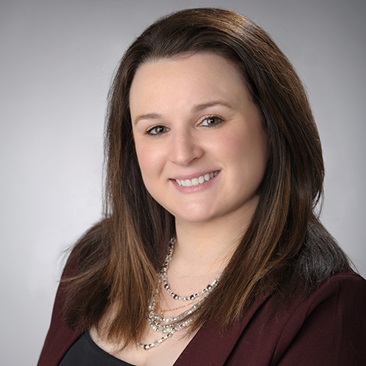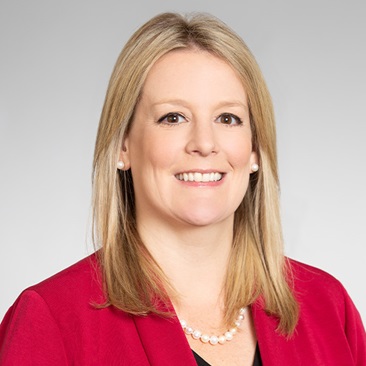New Leader, New Name for Maxwell’s Lerner Center
September 13, 2022
The Lerner Center at the Maxwell School of Citizenship and Public Affairs has a new leader and a new name meant to better reflect its mission.
Alexandra Punch has taken the helm as director of the renamed Lerner Center for Public Health Promotion and Population Health. Her appointment in July coincided with the addition of “population health” to the center’s title.
Punch joined the center in 2019 as its associate director. Her predecessor, Professor of Sociology Shannon Monnat, will continue her scholarship in the field as Maxwell’s Lerner Chair for Public Health Promotion and Population Health and in her new role as director of the Center for Policy Research.
“In her three years with the Lerner Center, Alex has developed and delivered new health promotion programming, worked with me to secure external funding, identified opportunities for collaboration both on and off campus, mentored students and helped disseminate our affiliates’ research to non-academic audiences,” says Monnat. “I am confident that, through Alex’s passion, energy and substantial expertise in public health promotion, the Lerner Center will thrive.”
Before joining Maxwell, Punch served as director of drug user health for ACR Health and worked as a research technician for the Onondaga County Health Department. She also chaired the Harm Reduction Subcommittee for the Onondaga County Drug Task Force. She earned an M.P.A. at Northeastern University and is pursuing a doctorate in social sciences with a concentration in health policy at the Maxwell School.
“My biggest hope for this new role is to continue to bridge the gap between the community and research,” says Punch. “What makes the Lerner Center so unique is our focus not just on population and public health research, but the fact that we also develop and implement community resources that promote health. Research is often not translatable for communities to understand, and the Lerner Center does an amazing job of disseminating research for public consumption and using research findings to develop actionable programming.”
The Lerner Center was established in 2011 with a gift from the late Sidney “Sid” Lerner ’53 and his wife, Helaine, an environmental activist and philanthropist. Lerner, who died in January 2021, was an advertising executive who developed a strong interest in how lifestyle habits contribute to chronic disease.
The center’s mission is to improve the health of the community through service, research, education, advocacy and policy. It collaborates with public and health professionals to identify needs, develop programming and deploy initiatives across the U.S.
Over the past several years, the center has launched numerous health promotion programs and community partnerships, including the Monday Mile walking routes developed in partnership with the City of Syracuse, Onondaga County, city parks, local hospitals and the Madison County Rural Health Council. Additional collaborations have included an initiative with Syracuse’s Near Westside Project, Nojaim Brothers Supermarket and St. Joseph’s Hospital Health Center to bring healthy grocery options to the Near Westside, and a project to support Onondaga County’s efforts to reduce perinatal substance use.
At the University, the center has promoted programming such as Healthy Monday, a national public health initiative to help end chronic preventable diseases by offering weekly prompts to support people and organizations in starting and sustaining healthy behaviors.
Monnat says the name change reflects a more comprehensive approach to addressing health and health disparities. Beyond programming, the center’s numerous interdisciplinary faculty affiliates are deeply involved in research on topics such as mortality, childcare and diet. Their work has been funded by organizations such as the National Institutes of Health, cited by major media outlets including The New York Times and used to guide all levels of policymaking. The center shares this research online and through an electronic newsletter to subscribers who include a wide range of stakeholders.
“Population health programs extend traditional scholarship and training in public health to better incorporate the full range of disciplines that contribute to understanding and addressing large disparities in sickness and death, including the social sciences,” says Monnat. “The population health approach makes explicit the need for action to improve health and reduce health disparities not only inside the health care and public health systems, but also in our policies and within the economy, corporations, government and nonprofits.”
Published in the Fall 2022 issue of the Maxwell Perspective
Related News
School News
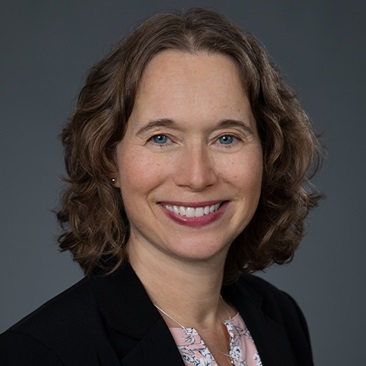
Nov 8, 2024
School News
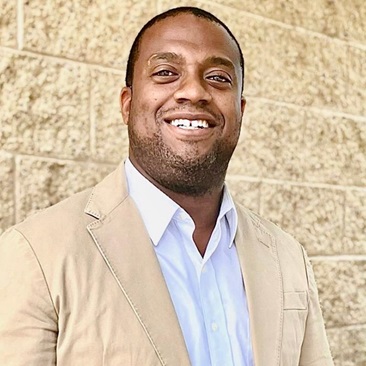
Oct 28, 2024
School News
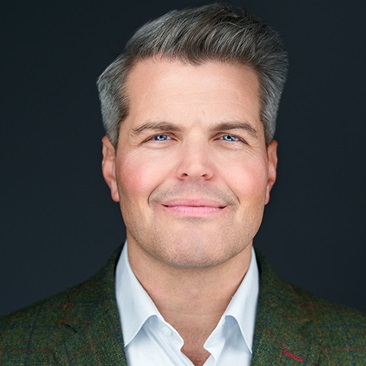
Sep 23, 2024
School News
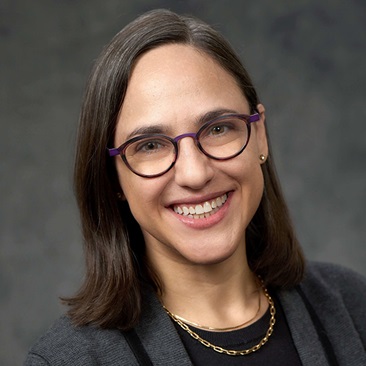
Sep 12, 2024
